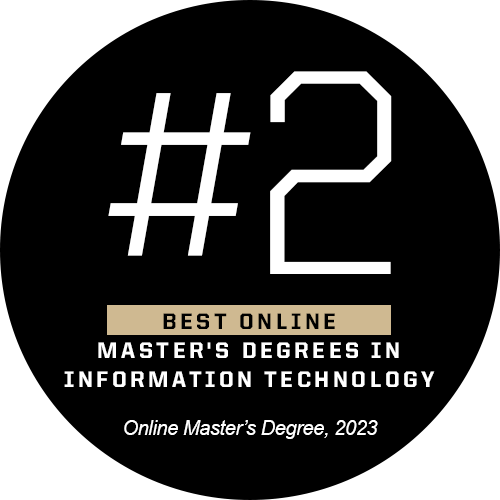We offer innovative, engaging, and high-quality online programs to help prepare you for the challenges that define the technology industry today. Whether you are looking to earn an online certification in an in-demand area like data analytics, or you want to distinguish yourself with an online master’s or doctoral degree – Purdue Polytechnic Institute is here to help you on your persistent pursuit of greatness.




Testimonials

Richard Ashbrook
Doctor of Technology Student
“At Purdue, I really felt like my [professional] experience was an asset. They were open to all kinds of students from different professional backgrounds and at different points in their careers.”

Carley Hartquist
Master of Science in Construction Management Alumna
“This program allowed us to explore the reality of what it’s like to be on the job, and we got to hear so many different experiences – both from other students and from the professors, who were all industry professionals themselves.”

Barento Abdushekur
Master of Science in Computer and Information Technology alumnus
“One year ago I felt completely unprepared to run a business, and now all of that has changed. Going to Purdue ended up being one of the best decisions I’ve ever made.”
Take Your Next Giant Leap Online
Have questions? We are eager to connect you with the information you are seeking for our professional studies programs. Please take a moment to complete the short form below. If you’d like more immediate assistance, please reach out to one of our staff.
